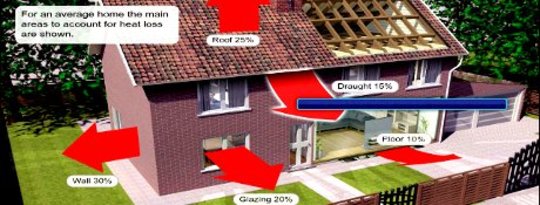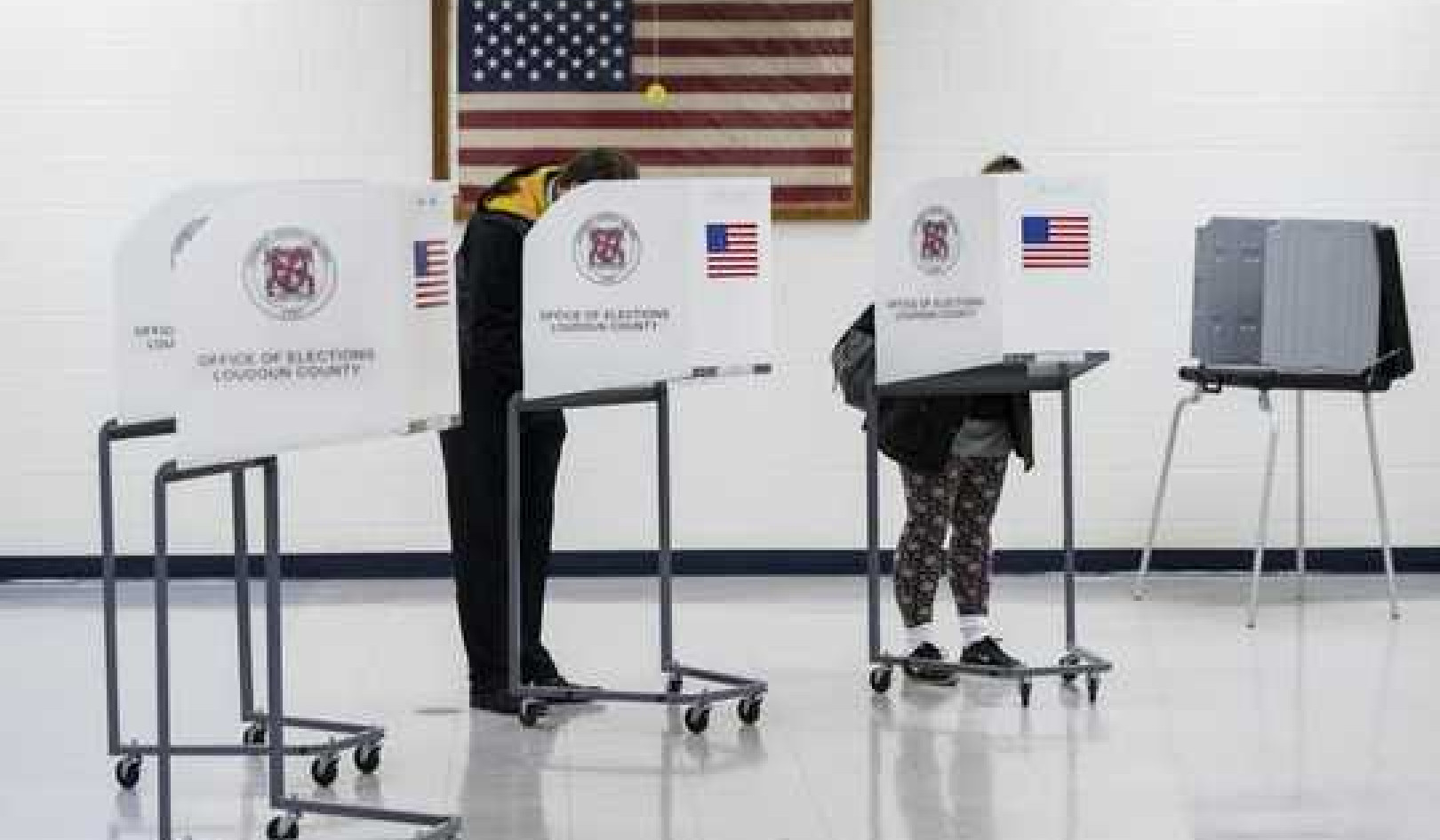
 ver the years, as I've been extolling the virtues of energy conservation and efficiency, several students in my classes have responded that these measures just "aren't as sexy as renewable energy." It's hard to deny. A brand new solar hot water system or PV module is an exciting addition to a home and will gain a lot of attention — even accolades. Not many people will remark favorably (or at all) on your new caulk and weather stripping.
ver the years, as I've been extolling the virtues of energy conservation and efficiency, several students in my classes have responded that these measures just "aren't as sexy as renewable energy." It's hard to deny. A brand new solar hot water system or PV module is an exciting addition to a home and will gain a lot of attention — even accolades. Not many people will remark favorably (or at all) on your new caulk and weather stripping.
Without a doubt, modern humans are enamored of shiny gadgets, which are a lot sexier than a bead of caulk or some lowly weather stripping applied around doors and windows to seal up heat-robbing air leaks. However, all the sex appeal of a renewable energy system quickly fades when you compare the price of achieving the same energy reductions with efficiency measures.
Energy Efficiency and Passive Solar Heating
I learned this lesson many years ago after moving into a passive solar home in Colorado. Although the house was heated by the Sun and was pretty efficient, it was all-electric. It had an electric water heater, an electric stove, and electric baseboard heaters for backup space heat. The previous owner had not installed an energy-efficient refrigerator or any energy-efficient lighting. To power the home with solar electricity, I would have needed a $50,000 system.
A couple of years later, I built a new home of similar size, but this one was designed and constructed to be as energy efficient as humanly possible. To power that home, I was able to meet my demands for electricity with a $16,000 solar electric system, all thanks to careful attention to energy conservation and energy efficiency and just a few thousand dollars additional investment. I got my solar system at a much lower initial cost thanks to the more affordable efficiency measures that trimmed demand.
Conservation and Efficiency Save Lots of Money
 Conservation and efficiency may not be sexy, but they work really well, and they save lots of money. Besides reducing initial costs, these two measures continue to save me money every year.
Conservation and efficiency may not be sexy, but they work really well, and they save lots of money. Besides reducing initial costs, these two measures continue to save me money every year.
From 1996 until 2010, for example, I saved approximately $20,000 on heating and cooling costs for my home in Evergreen, Colorado in the foothills of the Rocky Mountains. My savings have paid for the slightly higher cost of building an airtight, super-insulated, earth-sheltered passive solar home ($1,000 to 2,000) and the solar electric system ($16,000), which generated about $4,000 worth of electricity during that period.
Energy conservation and energy efficiency offer the best of both worlds. They save money initially by reducing the cost of renewable energy systems, and they save a ton of money in the long-term. It couldn't get much better.
Energy Efficiency & Conservation are Renewable Resources
Energy efficiency and conservation are renewable "sources" of energy, too. That new energy-efficient compact fluorescent light bulb or that new Energy Star refrigerator you install, for example, will continue to save energy year after year after year. And remember, every bit of energy you save through such efforts — now and in the future — is freed up for others to use. Saved energy is energy that doesn't need to be extracted from the Earth's declining supply of coal or natural gas.
If that doesn't make sense, think of it this way: Imagine that a small city with 50,000 homes expands by 100 new homes a year. Suppose the homes are heated by natural gas. To heat these new homes, additional natural gas deposits must be located, and natural gas must be extracted and piped to the new homes. Suppose, however, that the citizens of our hypothetical city embark on a citywide energy-efficiency and conservation effort. They enact various measures that reduce their natural gas demand by the same amount required to heat the 100 new homes. The net result is that the new homes are supplied by efficiency measures. And, there's no need to extract more natural gas.
Conservation and efficiency are, in effect, the same as developing new energy resources. Annual savings go on year after year after year, too, creating an essentially renewable supply of energy. What is more, this strategy doesn't increase the city's carbon footprint. Per capita energy use and per capita carbon emissions actually decline.
The Key to Successful and Economical Solar Heating
Energy conservation measures like sealing up the leaks are key to successful and economical solar heating. Energy conservation and efficiency are to solar what walking is to running. Ignore these important steps, and you're bound to fail. You'll have to oversize your system to create heat, the vast majority of which will just leak out into the bitter cold winter air.
©2012 by Dan Chiras. All rights reserved.
Reprinted with permission of the publisher,
New Society Publishers. http://newsociety.com
This article was adapted with permission from the book:
Solar Home Heating Basics: A Green Energy Guide
by Dan Chiras.
 This latest Green Energy Guide helps readers who want to slash their energy bills and reduce their dependence on scarce resources to navigate the sometimes confusing maze of clean, reliable, and affordable options. Packed with all the essential information home and small business owners need to find alternatives to conventional heating solutions, Solar Home Heating Basics is your key to a personal energy solution.
This latest Green Energy Guide helps readers who want to slash their energy bills and reduce their dependence on scarce resources to navigate the sometimes confusing maze of clean, reliable, and affordable options. Packed with all the essential information home and small business owners need to find alternatives to conventional heating solutions, Solar Home Heating Basics is your key to a personal energy solution.
Click here for more info and/or to order this book.
About the Author
 Dan Chiras is a respected educator and the author of 30 books on residential renewable energy and green building including The Homeowner's Guide to Renewable Energy and Power from the Sun. He has studied and worked with renewable energy and energy efficiency for over three decades and is the president of Sustainable Systems Design. Dan is also the director and lead instructor at the Evergreen Institute's Center for Renewable Energy and Green Building (www.evergreeninstitute.org), where he teaches workshops on energy efficiency, solar electricity, solar hot water, small wind energy, green building, natural plasters and natural building.
Dan Chiras is a respected educator and the author of 30 books on residential renewable energy and green building including The Homeowner's Guide to Renewable Energy and Power from the Sun. He has studied and worked with renewable energy and energy efficiency for over three decades and is the president of Sustainable Systems Design. Dan is also the director and lead instructor at the Evergreen Institute's Center for Renewable Energy and Green Building (www.evergreeninstitute.org), where he teaches workshops on energy efficiency, solar electricity, solar hot water, small wind energy, green building, natural plasters and natural building.



























